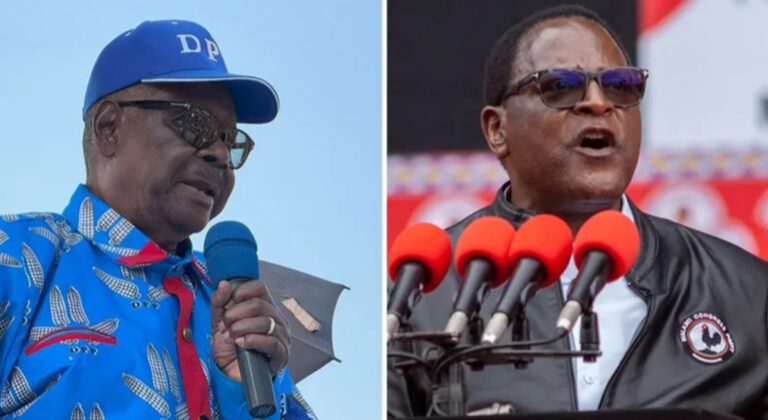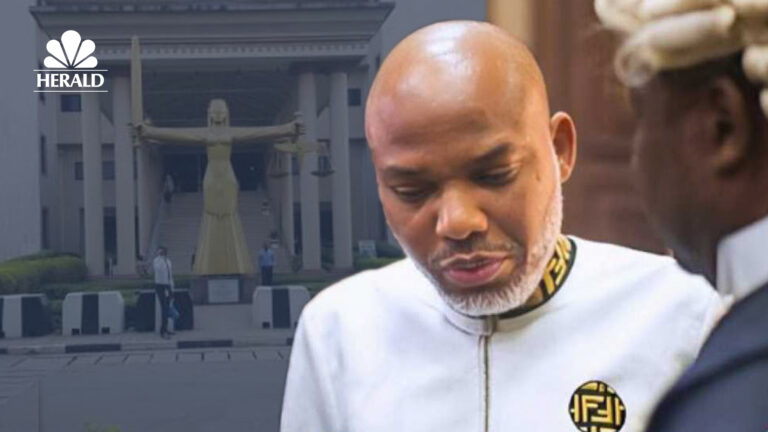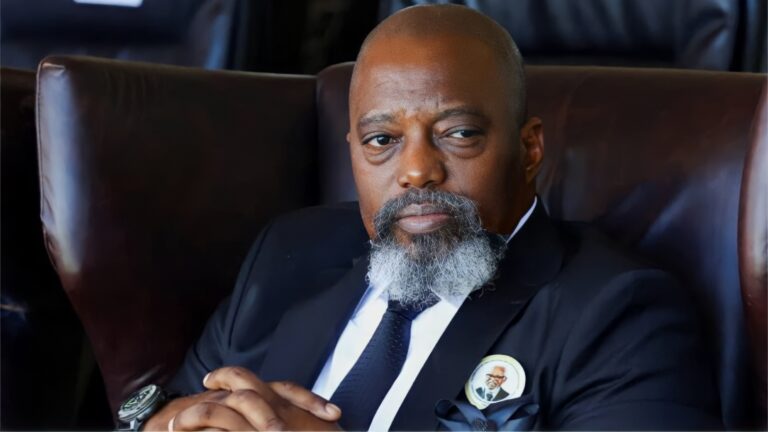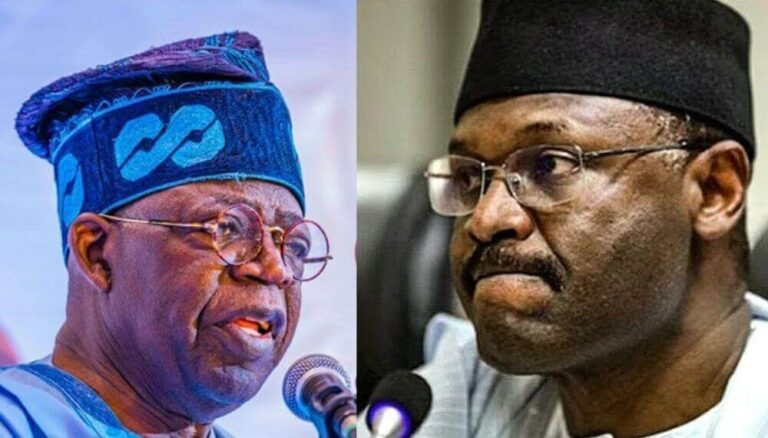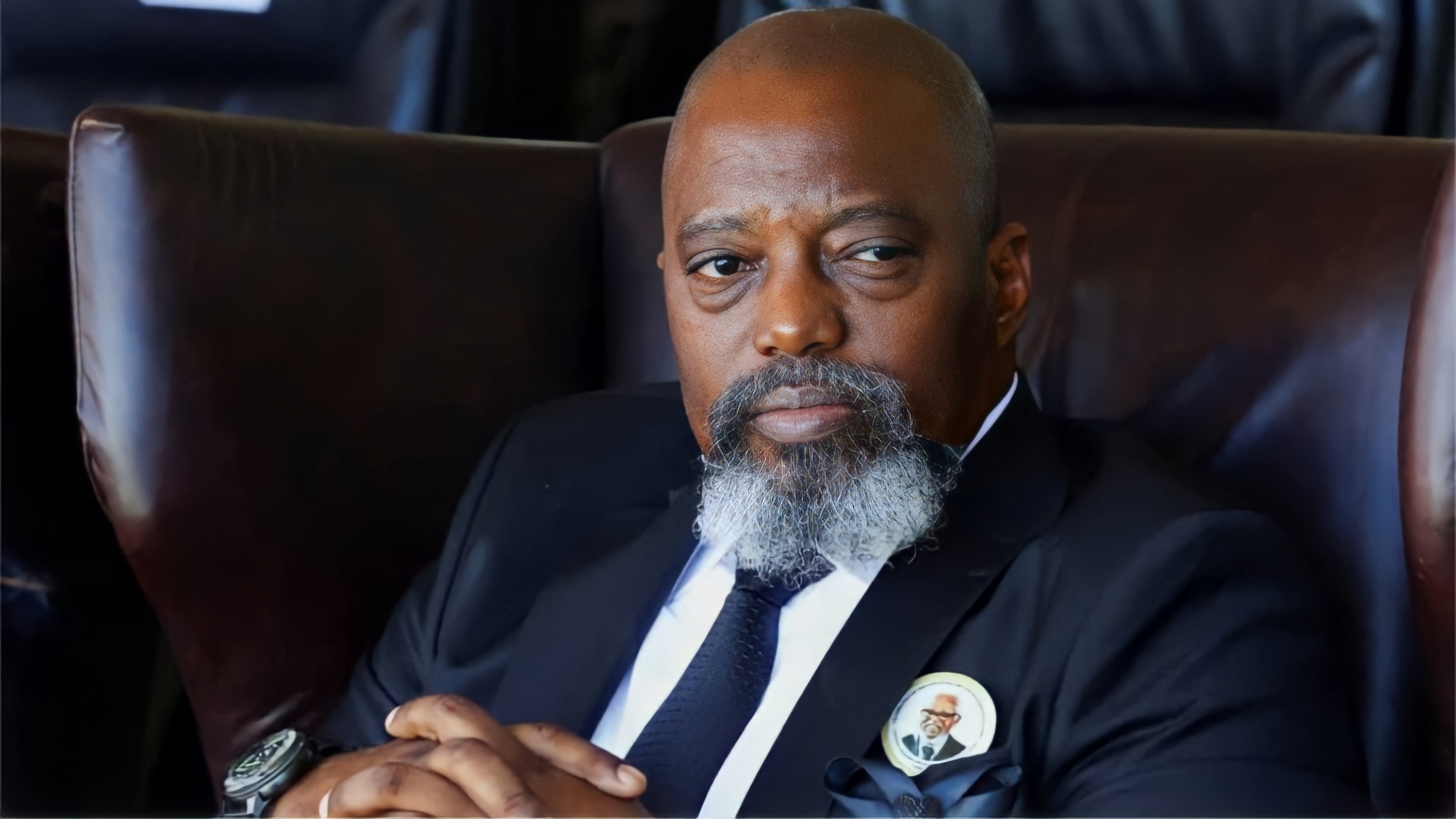
Joseph Kabila Sentenced to Death in Historic DRC Verdict
Joseph Kabila sentenced to death — the phrase now reverberates across Africa and the global political stage after a military court in the Democratic Republic of Congo (DRC) handed down a historic ruling that convicts the country’s former president of treason, war crimes, and crimes against humanity. Delivered in absentia, the decision marks a seismic moment in Congolese history and a watershed in African jurisprudence.
The court’s verdict concludes a long, controversial investigation into the nearly two-decade rule of Joseph Kabila, who governed the DRC from 2001 to 2019. The former head of state was found guilty of orchestrating systematic violence, enabling corruption, and presiding over extensive human rights abuses. As a result, the judges sentenced Kabila to death — a punishment rarely imposed on former leaders and one that underscores the severity of the charges.
A Historic Ruling That Shakes Congo
The Joseph Kabila sentenced to death ruling has been described by legal experts as “unprecedented” in Congolese legal history. For decades, powerful figures in the DRC operated with near-total impunity. This verdict changes that narrative, signaling a potential turning point in the country’s pursuit of justice.
The charges against Kabila were as sweeping as they were damning. Prosecutors argued that under his watch, government forces committed atrocities against civilians, including mass killings, disappearances, and torture. They also accused his administration of orchestrating widespread electoral fraud, siphoning billions of dollars from state coffers, and enabling systemic corruption that impoverished one of the world’s resource-rich nations.
In delivering the Kabila death sentence in DRC, the court emphasized that leadership comes with accountability. “The presidency cannot be a shield for crimes,” presiding judge Colonel Jean-Pierre Mbuyi declared. “The crimes committed during the Kabila era were not accidents of history. They were the results of policies designed to silence, exploit, and destroy.”
Treason, War Crimes, and Crimes Against Humanity
At the heart of the Ex-President Joseph Kabila war crimes verdict were allegations that Kabila betrayed his nation by conspiring with foreign militias and exploiting national resources for personal and political gain. Prosecutors presented evidence that government-linked armed groups committed atrocities in the mineral-rich eastern provinces, where conflicts over coltan, gold, and diamonds left millions dead or displaced.
Human rights organizations, including Human Rights Watch and Amnesty International, documented patterns of violence under Kabila’s rule: security forces firing on protesters, political opponents imprisoned without trial, journalists murdered, and entire villages razed. The court concluded that Kabila’s leadership directly enabled these abuses.
The DRC military court convicts Kabila of treason and crimes against humanity also for allegedly collaborating with foreign actors to destabilize Congo’s sovereignty. Evidence presented included secret agreements with foreign militias and illicit resource contracts that enriched private networks while the Congolese people languished in poverty.
Sentenced in Absentia: Kabila’s Silence and Whereabouts
Despite repeated summons, Joseph Kabila sentenced to death was not present to hear the verdict. His current whereabouts remain unknown. Some reports suggest he is residing in neighboring countries under private protection, while others speculate that he is negotiating political asylum.
The trial proceeded in absentia under Congolese law, which permits sentencing when the accused evades justice. Kabila’s lawyers dismissed the proceedings as “politically motivated” and vowed to challenge the verdict in higher courts, though legal analysts say overturning such a comprehensive conviction will be difficult.
The absence of the former president has also fueled speculation about the government’s willingness — and ability — to pursue his extradition. DRC authorities have not yet issued an international arrest warrant, but sources within the Justice Ministry suggest that discussions with regional partners are underway.
Co-Conspirators and Allies Also Convicted
The Joseph Kabila sentence in absentia death penalty Congo case did not end with the former president. Several of his closest allies and senior officials were also convicted, receiving sentences ranging from life imprisonment to lengthy prison terms.
Among them are former intelligence chief Kalev Mutond and ex-military commander John Numbi, both accused of coordinating violent crackdowns on protesters and orchestrating extrajudicial killings. Others were found guilty of embezzlement, illegal mining deals, and human rights violations.
The convictions are seen as a signal that Congo’s judicial system is expanding its reach beyond symbolic targets. “This is not just about Joseph Kabila,” said political analyst Jean-Claude Tshibangu. “This is about dismantling a network of impunity that has operated at the highest levels of power.”
Political Earthquake: Congo’s Landscape Redefined
The Joseph Kabila sentenced to death ruling is expected to profoundly reshape the DRC’s political landscape. Kabila, once considered a kingmaker in Congolese politics, still commands loyalty in parts of the military and parliament. His political party, People’s Party for Reconstruction and Democracy (PPRD), has denounced the verdict and called for mass protests, labeling the trial a “judicial coup.”
Observers warn that the decision could heighten political tensions ahead of the next general elections. “The ruling has split the country,” said Congolese political analyst Rachel Bisimwa. “For many, it is justice delayed but finally delivered. For others, it’s an act of political revenge.”
Despite the potential instability, many Congolese citizens view the Kabila death sentence in DRC as a long-overdue reckoning. “We suffered for years,” said Marie Lukusa, a human rights activist in Kinshasa. “Today, justice has spoken.”
Regional and Global Reactions
The Ex-President Joseph Kabila war crimes verdict has drawn mixed reactions from the international community. Human rights organizations hailed the decision as a landmark for accountability in Africa. United Nations spokesperson Stéphane Dujarric described the ruling as “a significant step toward ending impunity for the gravest crimes.”
Western governments were more cautious. United States Department of State urged due process and transparency, while European Union called for dialogue to prevent political unrest. Meanwhile, several African leaders expressed concern that the precedent might embolden challenges to other former heads of state accused of similar abuses.
The Larger Implications for Africa
The Joseph Kabila sentenced to death verdict resonates beyond Congo’s borders. It signals a growing willingness across Africa to hold former leaders accountable for crimes committed while in office. From Omar al-Bashir in Sudan to Hissène Habré in Chad, a new era of justice appears to be emerging — one where power no longer guarantees immunity.
Legal experts say the ruling could inspire similar prosecutions in countries grappling with authoritarian legacies. “This case is a milestone,” said Dr. Florence Mabika, a professor of international law. “It shows that even the most powerful can face justice if political will and legal mechanisms align.”
Conclusion: Justice or Political Gamble?
The Joseph Kabila sentenced to death ruling is as controversial as it is historic. For many Congolese, it represents long-overdue justice for decades of suffering. For others, it risks deepening political divisions and destabilizing an already fragile nation.
What remains clear is that Congo — and Africa — has crossed a legal and political Rubicon. The death sentence delivered to a former head of state signals that the era of untouchable leaders may be drawing to a close. Whether this leads to genuine reform or renewed conflict remains to be seen.
For now, one fact is undeniable: Joseph Kabila sentenced to death is more than a headline. It is a symbol — of justice sought, power challenged, and history rewritten.
